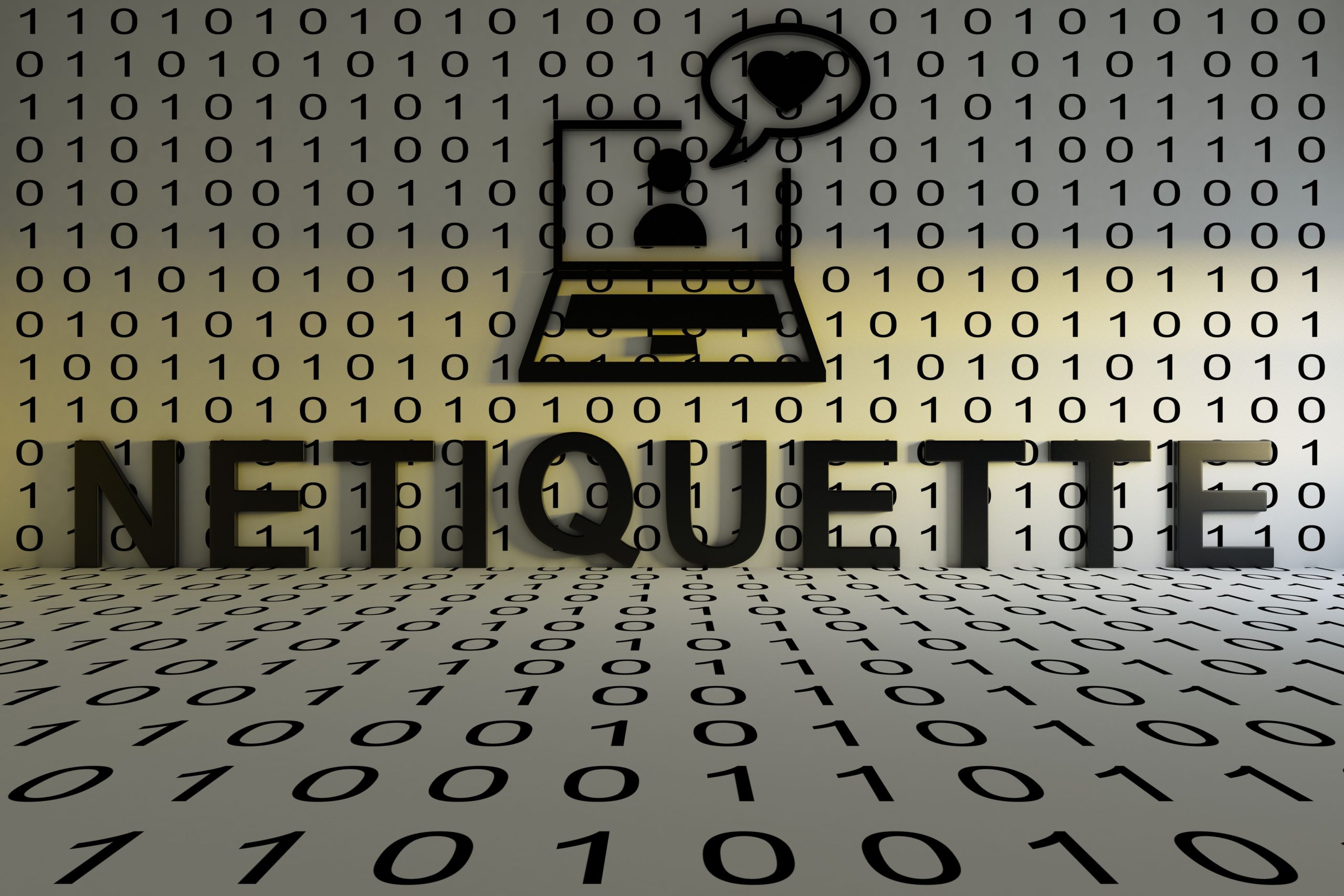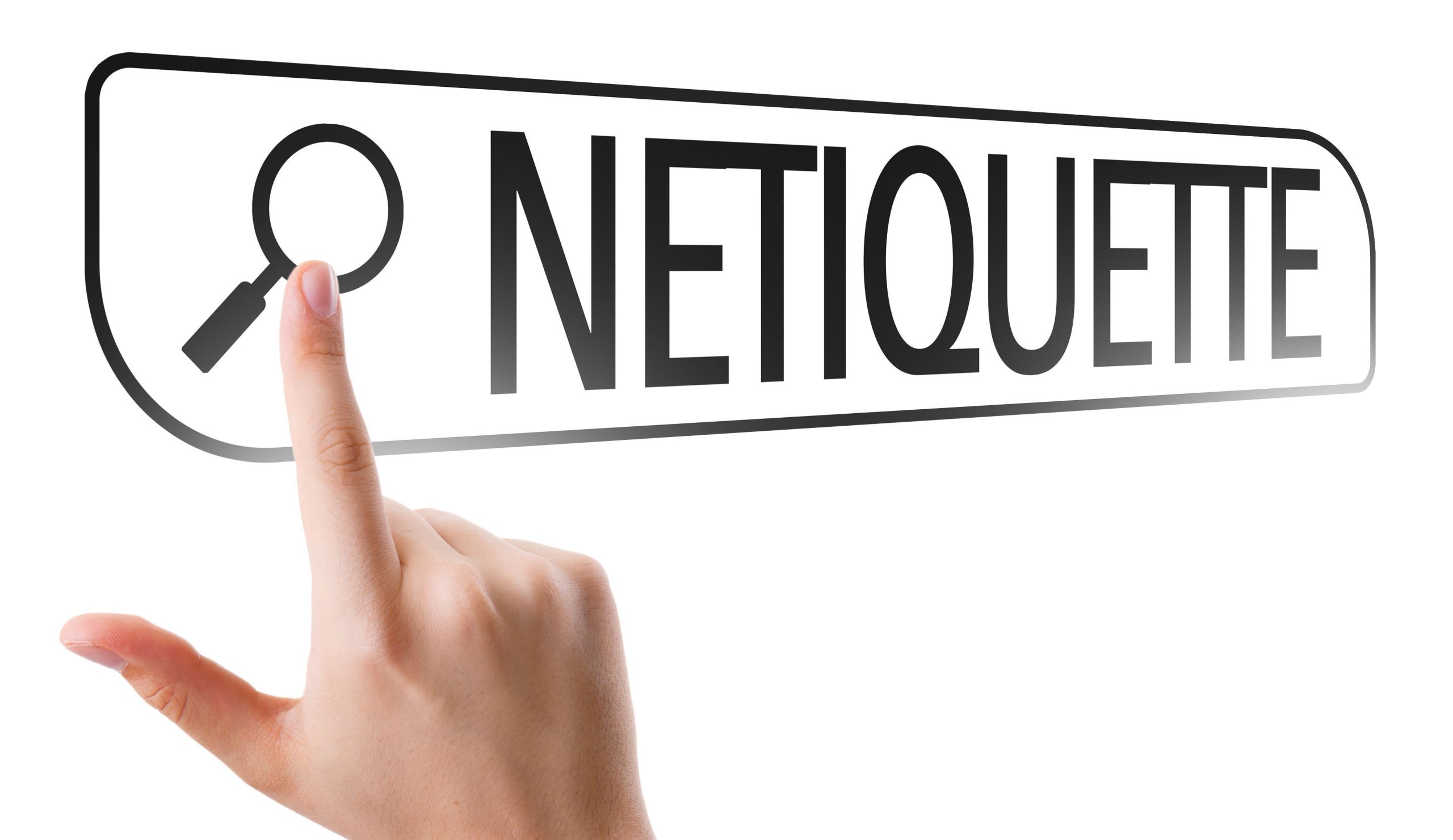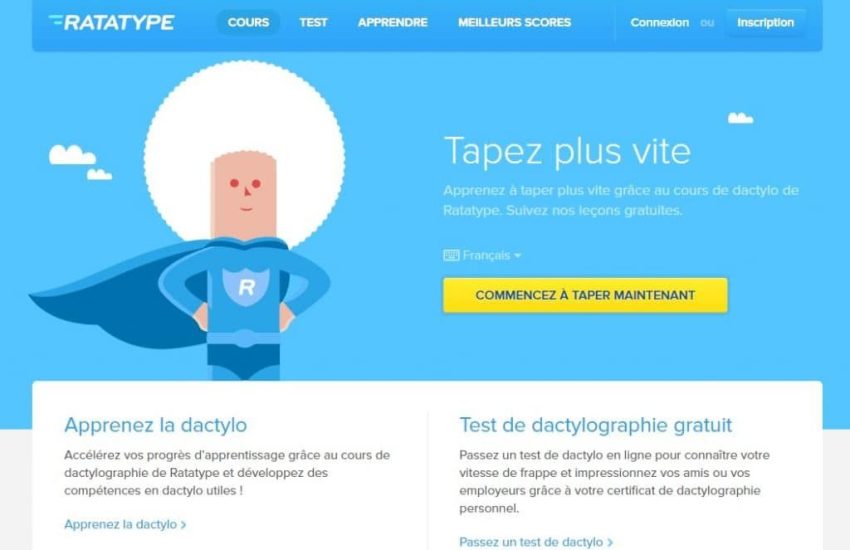Netiquette or good manners on the internet
Netiquette or good manners on the internet
If Internet users enjoy great freedom on the Internet, their actions are supervised by rules of good behavior, known as the Netiquette name. The question is whether these principles are really effective.
What is the Netiquette ?
Netiquette is the association of net words and label. As the name suggests, these are rules that Internet users are supposed to observe.
The web is a space where everyone can act freely. But as in society, freedom is a right that cannot be limitless. Also in real life, we cannot always count on everyone’s goodwill so that things go well. Restrictive rules, which are therefore accompanied by sanctions, are necessary.
There is not one but several rules of good conduct. Indeed, the different platforms such as Facebook, Twitter or YouTube, pose standards that users must comply with. The commission of an offense is punishable by a sanction most often graduated. Only people who commit particularly serious mistakes (incitement to violence, for example) can risk a final ban.
And again, some manage to pass between the meshes of the net of moderation.
Netiquette is not a magic wand. But it is necessary if we want internet interactions to be healthy.
What are the rules of the Netiquette ?
The rules decreed by large platforms are supplemented by the standards posed by groups and other discussion forums. On many points, these standards meet another. We can even say that the Netiquette is a digital transposition of the legal rules which apply to society.
Netiquette in discussion forums
The rules of the Netiquette are not so different from those of everyday life. Thus, Internet users are not allowed to insult, cause or threaten others. Nor can they keep hate speech or propagate false news ..
Forums do not linger only on moral questions. They also ask for their members:
- To respect grammar, spelling and punctuation rules;
- To formulate argued, clear and concise sentences.
Redundancies are also unwavered in the sons of discussion. Thus, before asking a question or formulating a remark, it is preferable to take the time to read the responses (s) that have already been provided.
Netiquette on social networks
Anonymity is one of the advantages of online exchanges. Many Internet users use nicknames when they chat with other users. By doing this, they do not put any rules.
But they obviously cannot use anonymity (or pseudonymat) to make remarks that can cause others.
Internet users must always:
- Respect the standard enacted by social networks, which prohibits among other things hateful remarks, insults, etc. ;
- Respect the rules decreed by the groups of which they are members, which also require mutual respect;
- Respect the privacy of others, for example by avoiding publishing images without the consent of the persons concerned.
Netiquette in an email
When you send an email, you must observe a certain number of rules which, for many, go without saying:
- The email must start and end with a polite formula;
- The message must be clear and concise;
- The rules of grammar, spelling and punctuation must be respected;
- The email must be signed.
Data security and protection rules
There are written rules concerning the attitude to adopt on the Internet. RFC 1855 is one of the most important documents in the Netiquette. She addresses different questions:
- What are the attitudes to adopt during an online discussion ?
- How to manage content that is protected by copyright ?
- How to protect yourself from spam ? Etc.
Some digital communities have taken up the basic rules enacted in the 1990s. The technical aspects were however put in withdrawal for the benefit of the communication.

Who judges respect for the Netiquette ?
The rules are naturally accompanied by sanctions. These are most often graduated. Even people who break the standards in a repeated way can have a second or even a third chance, if not anymore. Simply, the sanction is more severe as the user recurrences. On Facebook for example, when a member has a hateful remarks, his account can be suspended for a few days.
He can no longer publish or comment. He can’t even like or share a post. If he does it again, the duration of restriction on his account will be longer, and so on.
The moderators are the gendarmes of the Netiquette on the different platforms of the web. Those of a YouTube channel can, for example, ban a person who makes disrespectful remarks in the comments during a live. Those of a Facebook group can suspend a member for a few days or a few weeks who does not know how to debate calmly ..
But moderators cannot do everything. Other users who consider themselves injured can report a post or comment either to the moderator or the administrator of a group or directly to the moderation of the social network. In some cases, this report is not necessary.
The platform algorithms know how to identify words or expressions that can translate the desire to make hateful remarks, intimidation, harassment or incitement to violence, among others. The only problem is that these robots do not know how to make the difference between posts and truly disrespectful comments and humorous content.


